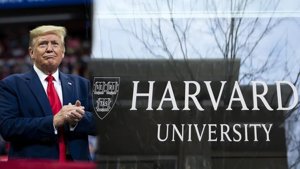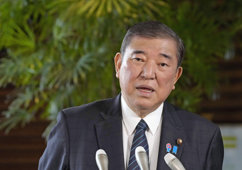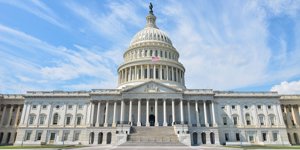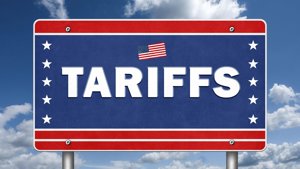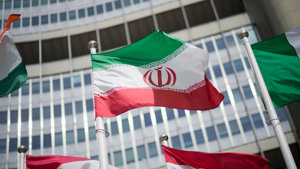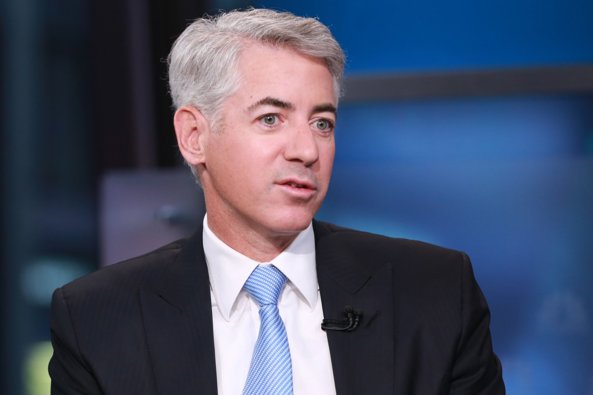
Ackman Urges Quick US-China Tariff Negotiations
Billionaire investor Bill Ackman urged both the United States and China on Saturday to engage swiftly in tariff negotiations, advocating for a significant reduction in tariff levels to a more reasonable range of between 10% and 20%. Ackman emphasized that the primary obstacle to reaching an agreement on tariff reduction is a political concern among leaders from both nations about appearing weak to their domestic constituencies. He argued, however, that mutually agreed tariff reductions would represent a practical and logical approach, rather than weakness, noting, "A pause would not be a sign of weakness because it requires both countries to take down their tariffs. It is just common sense."
Ackman highlighted the urgency of negotiations, stating that "time is the friend of the US and the enemy of China's" regarding ongoing trade tensions. He emphasized that prolonged periods of elevated tariffs pose significant risks to China, potentially causing lasting damage to its central role in global supply chains. Ackman noted specifically that continued high tariff levels could compel both US and international companies to seek alternative manufacturing locations, leading to a permanent reduction in China’s global economic influence.
In his commentary, Ackman stressed the economic vulnerability of smaller companies, which are at greatest risk from sustained high tariffs. He proposed potential contingency measures, including US government-backed loans, to assist firms in relocating production if necessary. Nonetheless, Ackman expressed optimism that immediate and proactive negotiation efforts could prevent such drastic measures from becoming necessary.
Overall, Ackman's call underscores a growing sense of urgency within the business community regarding US-China trade policy. By advocating for immediate and reasonable tariff adjustments, Ackman hopes to mitigate long-term economic damage to both nations. His statements reflect broader industry concerns that prolonged uncertainty and conflict in international trade policy could undermine the global economic order, emphasizing the importance of prompt diplomatic engagement to stabilize and enhance bilateral economic relationships.

